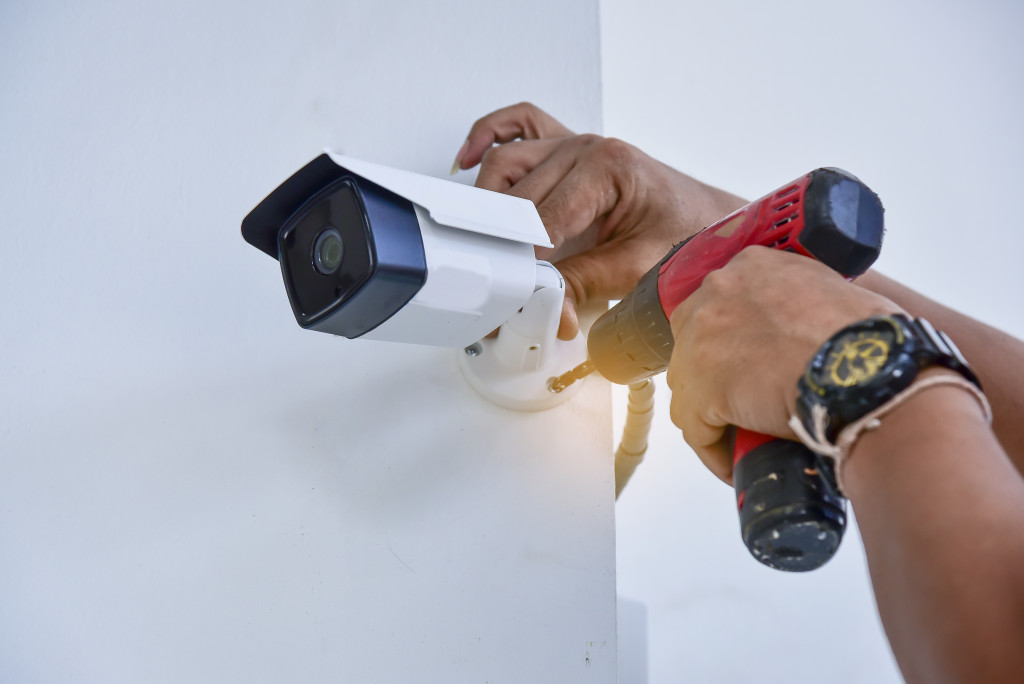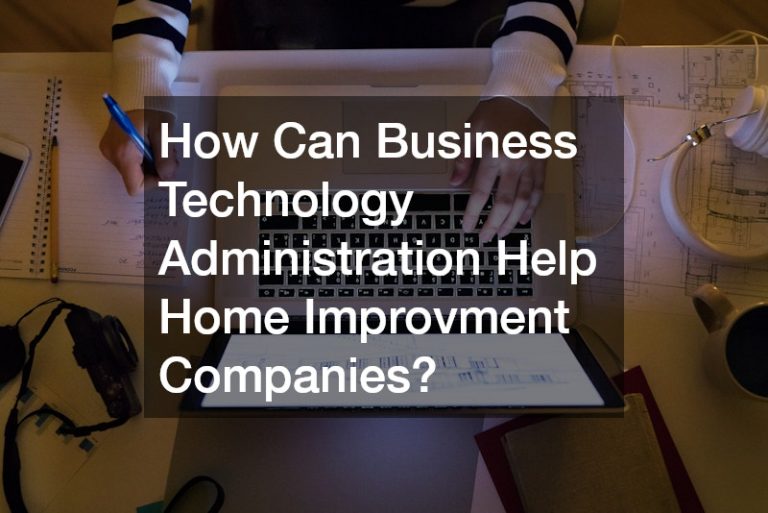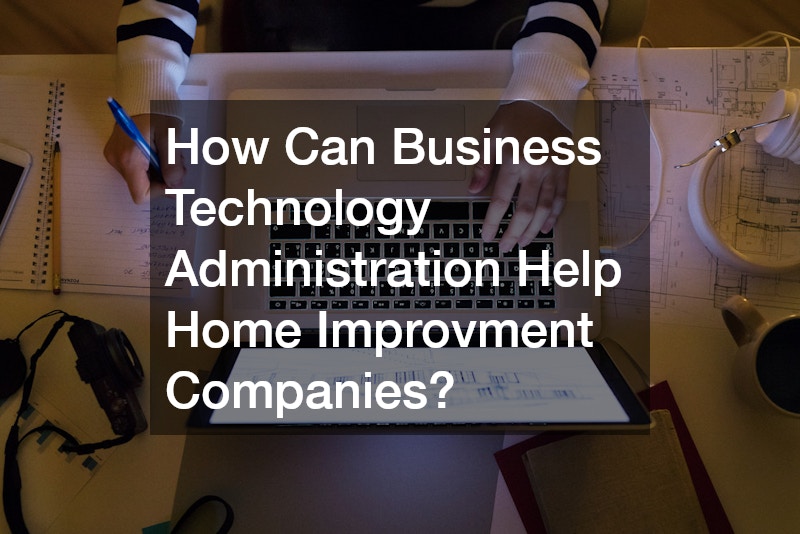- Invest in comprehensive cybersecurity measures such as security awareness training, firewalls, network monitoring, and vulnerability management.
- Pursue physical security measures such as surveillance cameras, motion detectors, guards, and emergency plans.
- Secure business insurance to cover potential risks such as employee injuries, property damage, and copyright infringement.
- Insurance policies can assist with repairs and replacements after natural disasters or other unforeseen events.
In today’s modern world, it is increasingly essential for businesses to be aware of the potential risks that could impact their operations. From cyber threats to physical security breaches, organizations must proactively protect their assets and customers from malicious activity. Knowing the risks to your business can save its bottom line and help ensure success in the future.
According to a recent report by Juniper Research, global cybersecurity losses are projected to reach over $6 trillion by 2023 due to hacks, malware, and data breaches. This number is up from the $3 trillion estimated in 2017 and shows how quickly security threats are growing. On top of this, a study conducted by Ponemon Institute found that the average cost of a data breach was $3.86 million. This means that any organization without adequate security measures is putting itself at risk of significant financial losses if it suffers a successful attack.
Knowing the risks around your business helps you prepare for them before they happen, rather than dealing with the costly damage after an attack. Here are a few tips to help you protect your business and prevent costly losses in the future:
Invest in Cybersecurity
Cybersecurity is essential to any business’ operations and must be taken seriously. Investing in a comprehensive cybersecurity strategy can help protect data, customers, and financial assets from malicious actors. Here are the best tactics for businesses to consider when it comes to cybersecurity:
Security Awareness Training
Educating employees on security measures such as passwords, encryption, and phishing can help reduce the risk of data breaches caused by human error. Companies should ensure that their staff members are up-to-date on the latest threats and how to protect themselves against them.
Firewalls and Network Monitoring
Utilizing firewalls, intrusion detection systems (IDS), and other tools can help secure data networks from outside threats. Regular monitoring ensures that any suspicious activity is quickly detected and addressed before it can do damage.
Access Controls
Establishing access controls such as user authentication and authorization processes helps maintain the integrity of sensitive data stored on servers or in cloud databases. Administrators should also consider limiting user access to certain areas or applications.
Vulnerability Management
Regularly checking for system vulnerabilities with automated scanning tools helps identify potential weaknesses before cybercriminals exploit them maliciously. Companies should ensure that their software and operating systems are up-to-date with the latest patches to prevent attackers from taking advantage of known flaws or zero-day exploits that haven’t been patched yet.
By following these best practices, businesses can significantly reduce their risk of becoming victims of cybercrime and ensure the security of their customers’ data over time. Investing in robust cybersecurity measures today will save businesses from costly losses in the future.
Pursue Physical Security Measures

Physical measures should not be overlooked as much as online security is essential. Businesses should assess their premises to identify potential entry points that malicious actors or robbers could exploit. Consider installing surveillance cameras, motion detectors, and other monitoring devices to monitor activity on-site and detect any suspicious behavior in real time. Additionally, companies may consider hiring guards to protect the facility from unauthorized access or theft during non-business hours.
Another effective physical security measure is to create an emergency plan. Companies should ensure that their staff members know how to respond during a breach or an emergency, such as a fire or natural disaster. Additionally, businesses should establish appropriate evacuation procedures and designate specific roles for each team member.
Secure Business Insurance

In addition to investing in cybersecurity and physical security measures, businesses should also consider getting insurance to protect themselves against successful threats. Small business liability insurance is essential for any organization as it can provide financial protection in case of a lawsuit or other unexpected costs resulting from an incident. Liability insurance can cover various risks, such as employee injuries, property damage caused by negligence, product defects, and copyright infringement.
The right business liability insurance is critical for small businesses with fewer resources to fall back on should something go wrong. A comprehensive policy could even cover legal fees if a company faces a lawsuit due to an incident involving its operations or products. By investing in the appropriate liability coverage, organizations can rest assured that their assets are protected from potential losses in the future.
In addition to safeguarding against potential lawsuits, business liability insurance can help companies recover from natural disasters or other unforeseen events that cause significant damage or disruption. Insurance policies may assist with repairs and replacements after major incidents such as fires, floods, and hurricanes. This type of coverage could benefit companies in areas prone to extreme weather conditions.
Final Thoughts
Taking proactive measures to protect your business is essential in today’s competitive landscape. Knowing the risks and investing in robust security protocols can help organizations stay ahead of potential threats and save them from costly losses down the line.









